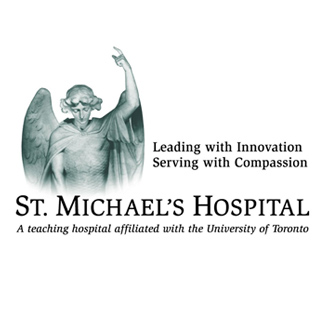
The team was believed to have found that lower-than-normal levels of a naturally-occurring fat hormone, called adiponectin, could raise the likelihood of death from sepsis. Adiponectin seems to be a hormone secreted by visceral fat adjoining the abdominal organs.
Sepsis is a term used to describe the presence of bacteria or bacteremia or other infectious organisms or their toxins in the blood i.e. septicemia or in other body tissues. Apparently, infection spreads all through the body and can result in organ failure.
It was estimated that sepsis kills nearly 1,400 people all across the world each day. More so, it appears to be particularly fatal in the critically ill and those with weakened immune systems. Severe sepsis is known to rank among the top ten causes of death in the United States. Furthermore, it is noted to be a leading cause of death among patients admitted to intensive care units.
For the purpose of the study, the experts were noted to make use of mice designed in order to mimic what occurs in people with low levels of adiponectin. The findings of the study showed that those with low levels of the hormone appear to be at much increased risk of dying from a blood infection. However, sepsis could perhaps be prevented if the animals were given extra adiponectin.
“We hypothesized that low adiponectin levels might predispose such individuals to develop sepsis and sepsis-related problems. This initial hypothesis was borne out by our latest research,” says Dr. Subodh Verma, a cardiac surgeon at St. Michael’s Hospital and associate professor of surgery at the University of Toronto who holds the Canada Research Chair in Atherosclerosis.
Supposedly, the possibility of dying from sepsis after surgery is known to be two-and-a-half to three times higher in people with ‘metabolic syndrome.’ Metabolic syndrome is believed to be a mixture of factors including abdominal obesity, high blood fat composition, high blood pressure, diabetes, and high inflammatory and blood clot indicators. People experiencing these conditions tend to have lower levels of adiponectin which could lead them to greater sepsis related complications.
Dr. Verma suggests that low adiponectin levels may possibly assist in predicting which patients are susceptible to sepsis-related inflammation and are at a greater risk of dying from sepsis. Additionally, treatment strategies or approaches that cause an increase in adiponectin levels could lower a person’s risk of death from severe sepsis.
The team anticipates to be the foremost group to supposedly conduct studies of adiponectin in humans. At present, they are believed to be looking for approval in order to increase a small clinical trial where a purified form of adiponectin will be given to patients in the early stages of sepsis. If the treatment is found to be safe, a larger trial may follow.
The findings of the study have been presented at the 2009 Clinical Congress of the American College of Surgeons held in Chicago.
